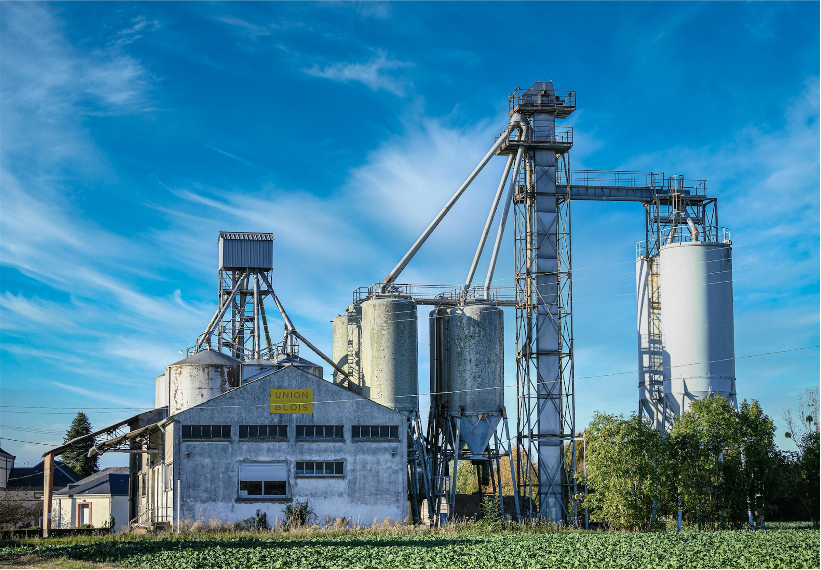Business leaders and industry groups in Bangladesh are expressing concern that the FY 2025–26 national budget could weaken the country’s industrial competitiveness due to missed incentives and regulatory ambiguity. Trade bodies including FBCCI, BCI, and BGMEA had urged for tax reliefs on exports, reduced source tax to 0.5%, withdrawal of Advance Income Tax (AIT) on raw material imports, and lower duties on capital machinery in EPZs. However, these demands were not addressed in the final budget, prompting fears that manufacturers may face higher costs and reduced global competitiveness. While the budget maintains a revenue target of Tk 5.64 lakh crore, it relies heavily on domestic bank borrowing expected to rise to 14% of GDP. Experts warn this may reduce credit available to private industry and slow investment. Reports show that industrial capacity utilization has fallen to around 60–70%, with mounting concerns over inflation, energy costs, and supply chain disruptions. Business chambers pointed out that the absence of tax breaks and automation incentives could discourage investment in machinery, software upgrades, and digitisation. One issue flagged by FICCI was the removal of lowered VAT on online services, which may hamper the growing digital economy sector. BDI economists and industry reps emphasised the need for a simplified and harmonised tax system. They recommended extending import duty concessions, introducing single-rate VAT input credits, and digitising NBR and customs processes. These steps would ease the compliance burden and support industrial growth. Industry representatives from the Bangladesh Chamber of Industries highlighted that despite falling inflation targets, the budget disappoints by not including strategic measures to support labour-intensive and export-oriented sectors. They argued that current policies fail to strengthen manufacturing competitiveness or encourage import substitution. Economists stress that Bangladesh is approaching a crucial stage: graduation from Least Developed Country status by 2026 will expose domestic firms to strong international competition. Without focused support in the budget, the transition may happen without sufficient preparations, putting industries at risk. That said, there was modest recognition of upgrading ICT and digital platforms like iBAS++ and e-GP systems, which could help streamline government services and ease regulatory compliance. Still, comprehensive measures are needed to link these systems with industry innovation and investment. In summary, while Bangladesh’s FY 2025–26 budget aims to shore up fiscal health, it underdelivers on strengthening industrial competitiveness. Business groups warn that without targeted tax relief, financing support, and regulatory clarity, local firms may struggle to scale and compete internationally.
Budget Falls Short on Industrial Competitiveness, Business Leaders Warn
46


